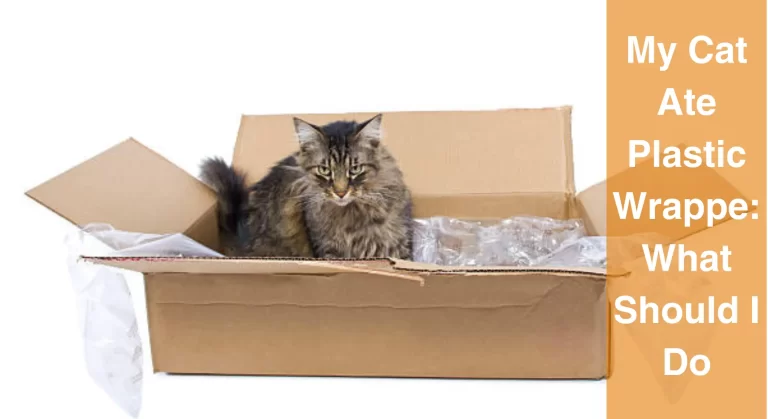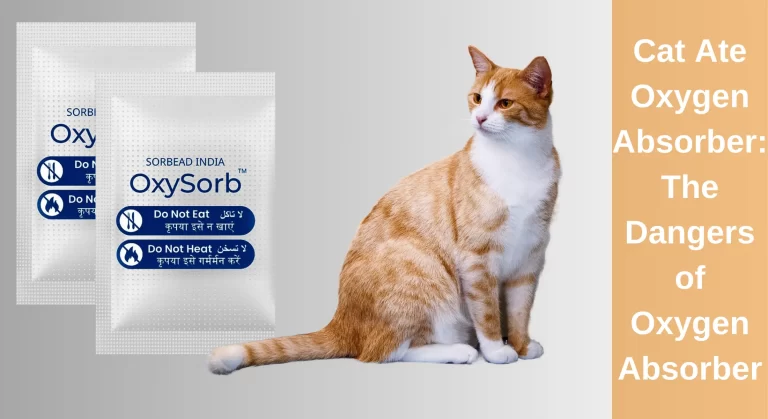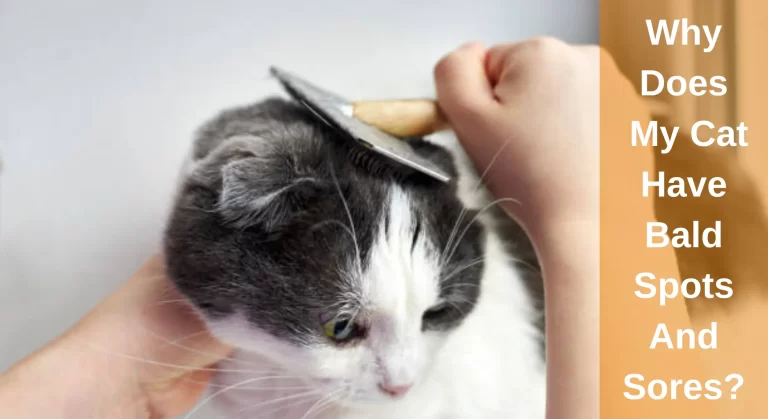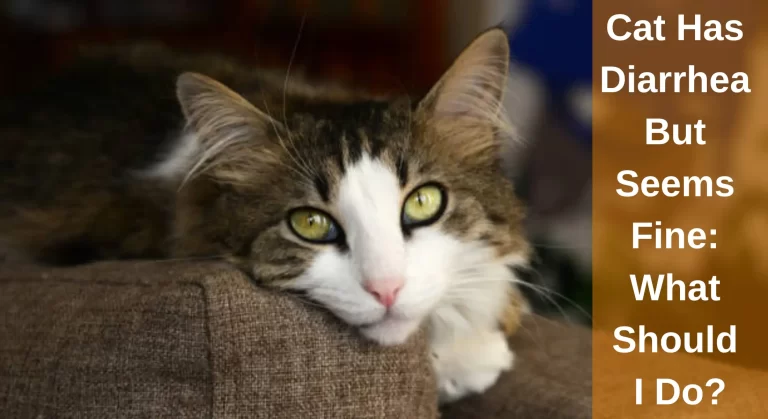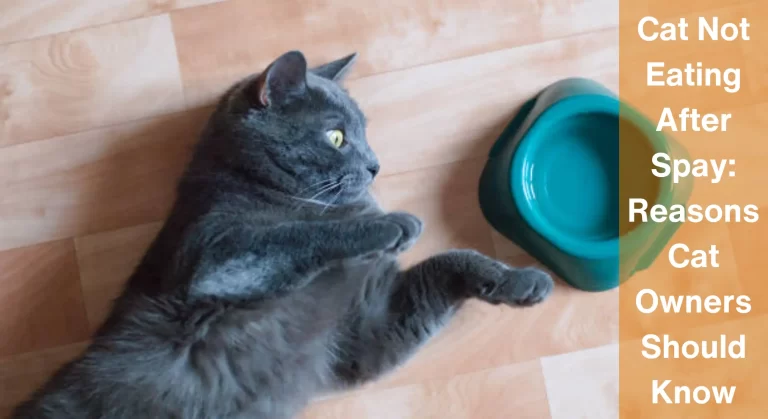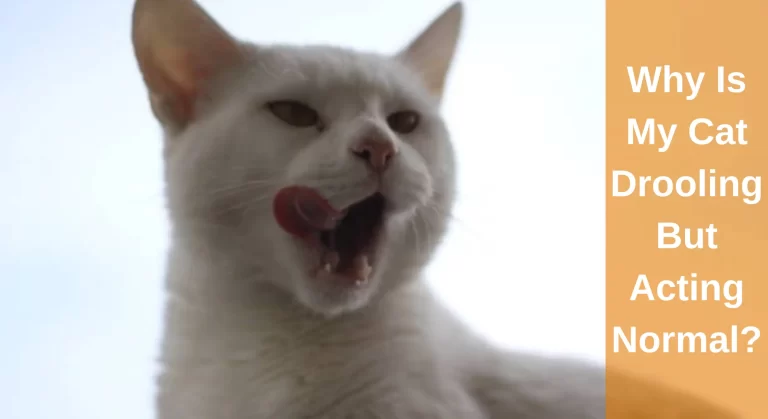My Cat Breathing Heavily While Resting: Should I Be Worried?
If you see your cat panting, breathing violently, laboriously, erratically, or with a lot of effort, it is certainly worth checking into more. You should carefully investigate each of the many probable reasons for irregular breathing in cats.
A cat normally breathes 20 to 30 times per minute. In cats, heavy breathing is only normal after stiff exercise. If a cat breathing heavily while resting usually means something isn’t quite right. Cats’ breathing may change due to anything that affects their lungs, hearts, noses, and throats. Fast breathing in cats may occasionally be inconsequential or indicate serious medical issues such as heart failure, cancer, bruises, cuts, infection, and tumours.
When a cat is breathing excessively and seems lethargic, it’s much more obvious that they have a respiratory problem. Below is a list of some of the most typical causes that your veterinarian may discover, along with an explanation.
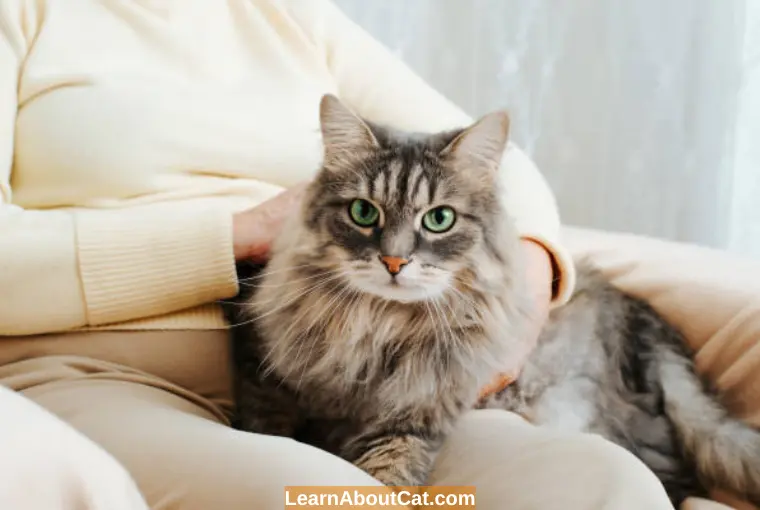
What Is a Normal Breathing Rate of a Healthy Cat?
As was already explained, a healthy cat normally breathes 20 to 30 breaths per minute. A smooth inhalation and exhalation should be used during each set to count as a single breath.
Check the cat’s respiratory rate while it is calm and/or sounds asleep. Count the number of inhalations and exhalations your cat makes in a minute.
The breathing should also be somewhat effortless and soundless. No straining, bubbling, rattling, coughing, or wheezing should be audible. A cat occasionally taking a deeper breath is typical. Naturally, a cat will breathe via its nose as well.
What Causes Cat to Breathe Heavy While Sleeping?
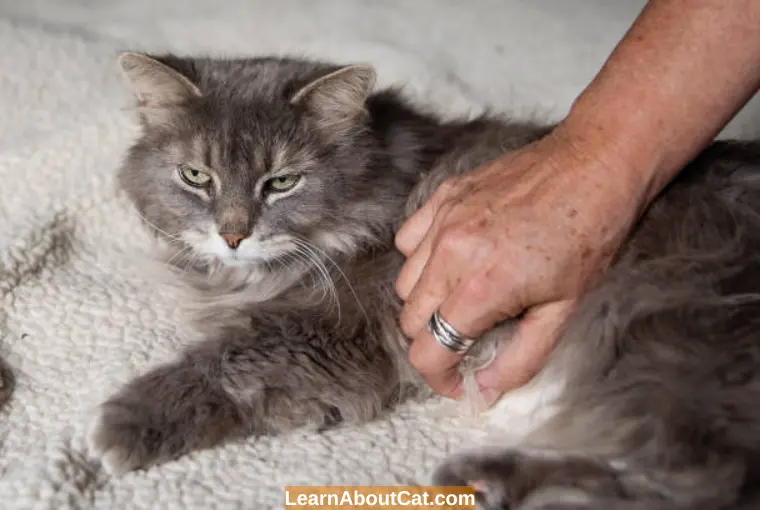
When the body receives little oxygen, other issues arise. Even if they initially appear unimportant, respiratory issues in cats need to be addressed straight soon. This is particularly valid if the cat is having difficulty breathing regularly when unwinding or falling asleep. It puts pressure on the hearts and lungs of an animal. This is a red flag that the cat’s respiratory system needs to be treated since it has a serious problem. Three forms of heavy breathing in felines are as follows:
- Tachypnea
- Dyspnea
- Panting
Heavy breathing can make various noises or cause other symptoms, such as slow or rapid breathing. Breathing differently than normal might indicate:
- Heart attack
- Lung infections
- Parasites
- Additional health problems
So, contact a vet as soon as possible.
Also Read: My Cat Sounds Congested When Breathing
Reasons: Cat Breathing Heavily While Resting
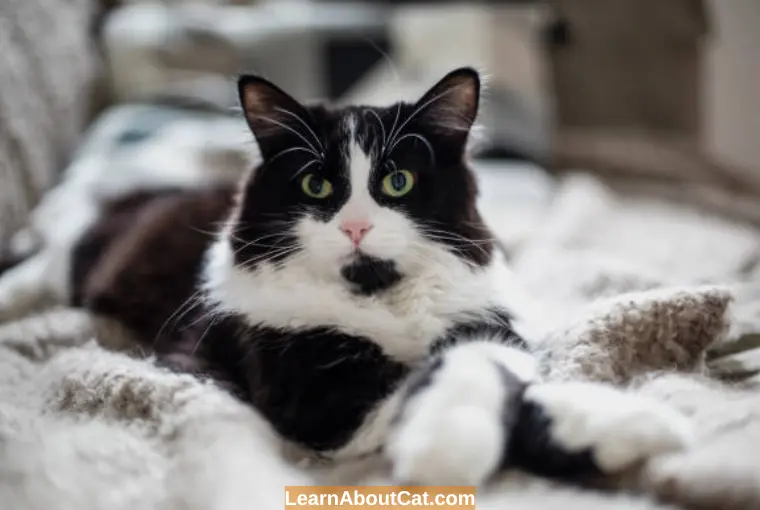
Heavy breathing will often be rapid, similar to how our breathing becomes heavier after exercise. When your pet behaves this way when lying down, it usually means something isn’t quite right. Either an open mouth or closed-mouth breathing might be employed for this breathing.
Heavy breathing may occasionally not result in fast breathing. Instead, if your cat is having problems breathing, it may be breathing slowly and deeply. Instead of a lack of oxygen, a blockage of the airways or inflammation inside the lungs and trachea is more likely to be the cause.
To address the query, “Why is my cat breathing excessively when resting?” I have separated the causes into three main kinds of breathing. Refer to the section that most closely resembles the breathing pattern of your cat to try to identify the issue. Alternatively, you may read them all to understand some of the respiratory issues cats may encounter comprehensively.
1. Heart Disease
Tachypnea is another sign of a heart condition. As the illness progresses, your cat’s heart walls will increasingly thicken. As a result, the chambers’ volume will decrease, making them less able to hold the same blood volume as before.
As a result of the heart’s reduced ability to pump blood throughout the body, some parts of the body aren’t getting enough oxygen. They breathe faster to offset this and get more oxygen where it is most needed.
2. Anaemia
Cats are deemed anaemic when their levels of red blood cells are low or when the haemoglobin present in their red blood cells is absent. Cats with anaemia are unable to carry oxygen in the blood effectively. Because the body isn’t getting enough oxygen; as a result, cats start breathing rapidly to try to make up for it.
3. A Feline Asthma
Cats with asthma exhibit rapid, difficult breathing. Here, swelling and inflammation have restricted your cat’s airways, which can make it difficult for oxygen to reach the lungs. Rapid breathing occurs, producing heavy sounds.
- Wheezing: Air is pushed through the constricted airways while whistling. Asthma may affect both cats and people, and this is true!
- Coughing: When the airways feel constrained, the body automatically triggers the brain to start coughing. Cats with asthma, in particular, cough while thrusting out their tongues.
- Snoring: In cats with flat faces or extra body fat, snoring is viewed as normal, but it can also be a sign of asthma.
4. Feline Infectious Peritonitis
The virus that causes feline infectious peritonitis (FIP), a viral infection, is a feline coronavirus. In this disease, the building ups of fluid takes place in the belly creating breathing issues. FIP symptoms such as fever, depression, weight loss, and lack of appetite can appear rather early.
5. Respiratory Infection
Another option is that a feline upper respiratory infection may be the source of your cat’s panting or breathing problems (URI). Nasal congestion, sneezing as well as conjunctivitis are the most obvious symptoms.
But as VCA Hospitals points out, cats with severe respiratory infections could have problems breathing. Call your doctor immediately if your cat develops respiratory issues in addition to one of the aforementioned symptoms.
6. Other factors
Be aware that additional problems that may cause cats to breathe excessively include bleeding, tumours, infections, and pneumonia. Certain cats’ capacity to breathe may be affected by heartworm disease. The causes of some respiratory problems, particularly anaphylactic allergic reactions, are still unknown. It’s crucial to consult a skilled veterinarian right away because it might be challenging to identify these issues on your own.
What is Tachypnea And Rapid Breathing In Cats?
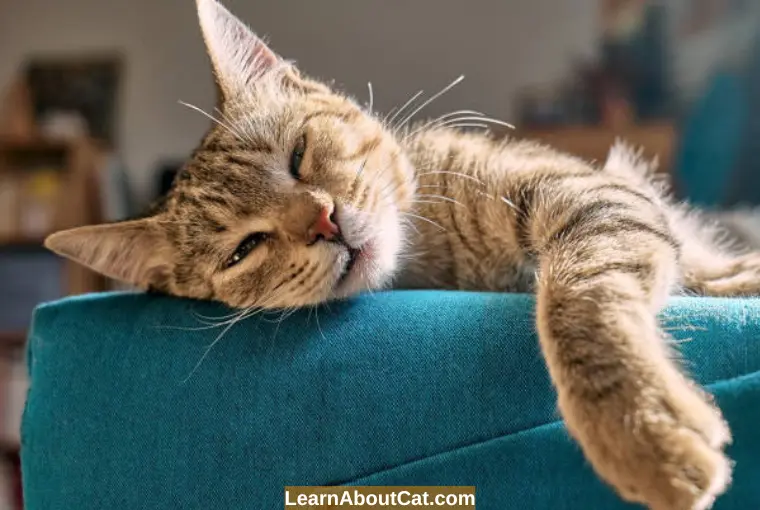
When a cat’s breathing rate increases to more than 40 breaths per minute, it is known as tachypnea. Cats raise their respiratory rate over the average threshold to increase the quantity of oxygen that gets into their lungs.
Tachypnea is common and sometimes even advantageous in a variety of circumstances. For example, since sprinting and leaping cats require more energy and oxygen, quick breathing occurs naturally during and after action. Then, their breathing rate accelerated to help replenish all the oxygen their muscles and tissues had just used up. While they are healing, they gain from it.
But heavy breathing when sleeping is uncommon. The body doesn’t need to be supplied with oxygen because your cat isn’t using much energy while it is lying around. It is fair to infer that breathing irregularly when at rest.
Why Does My Cat Breathe Fast?
Animals generally pant due to low blood oxygen levels. Through panting, the respiratory system may swiftly produce fresh oxygen from carbon dioxide. Sadly, these illnesses can also lead to tachypnea.
- Blood loss
- Heart attack
- Heartworms
- Tumours Restricting the Respiratory System
In senior cats or cats with heart problems, this loud breathing is a sign that the cat is reaching the end of its days or hours. Plan euthanasia with your veterinarian as soon as you can since the cat is in danger of drowning in its fluids.
Tachypnea and panting could coexist. Cats can pant with their mouths open when they have tachypnea; however, it is uncommon. You can observe your feline buddy for 10 to 15 minutes and make sure it’s not too hot in there. If the animal’s breathing has not stabilised, it is advisable to consult a veterinarian for further advice.
Dyspnea and Laboured Breathing in Cats
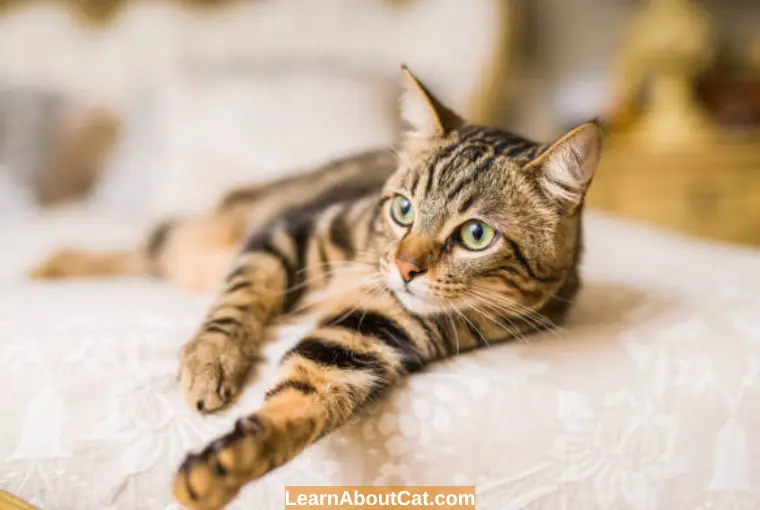
The hallmark of dyspnea is difficulty breathing. It occurs when your cat is physically experiencing problems breathing. A throat blockage, injury, or infection could bring this on. Regardless of the cat’s age, every cat experiencing breathing problems has to be given extra care.
Even while laboured breathing is typically slow and laboured, it may sometimes be rapid. The outcome of this extended breathing is a substantial expansion of the cat’s chest and belly. To understand the difference, contrast the rate of your resting breath with the rate of your breathing workouts. Your chest expands when you expand your lungs to their maximum capacity.
Dyspnea might indicate a physical issue or the cat’s nasal passage is obstructed as he/she begins to breathe from his or her mouth. However, this isn’t always the case. Additionally, cats under difficulty could change their posture. A cat might awkwardly hunch and remain still.
Why Is My Cat Having Breathing Problems?
A minor illness seldom brings on Dyspnea. The cat must thus be closely monitored and sent to the veterinarian. Respiratory problems in cats may be brought on by:
- Either internal or external physical injury
- Respiratory system damage, such as a throat wound.
- Parasites within the heart and lungs
- A foreign object in the throat.
Whether or not your cat agrees, you are welcome to gently open its mouth and peek inside to check for any obvious obstructions in its throat or mouth. Try not to remove the item while it is secure to do so. You could accidentally slide it down the neck a bit more.
How To Deal With A Choking Cat
If your cat is choking, it’s imperative to remain calm. Examine your cat’s mouth and throat for blockages. If this is too distressing for you to accept, don’t push the issue. If the object is a string or any comparable object, do not remove it. Maybe it got caught in something deeper in the cat’s throat.
Whether or not you were able to remove the object, you should still bring the cat to the vet in a carrier or on a towel. An expert will need to remove the item if it is still lodged in the neck and ensure the passageway is clear and undamaged.
You can do the following things if your cat has a blockage in its throat, is having trouble breathing, or is unconscious:
- Turning the cat over is necessary
- Grasp the animal’s back with one hand and the region between its ribs and belly with the other.
- With your hand on the stomach, repeatedly push in and up.
- You must move with power and accuracy.
- Your cat’s mouth should be examined carefully to check whether the object has been moved and try to remove it. If the object has vanished, you can close the cat’s jaws and take a quick breath via its nose.
Symptoms of Cats’ Fast Breathing
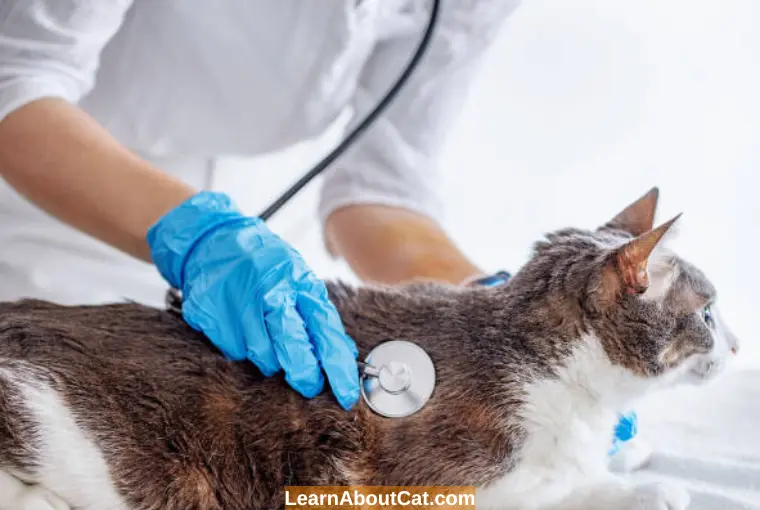
Symptoms and signs of a cat’s fast breathing are as follows:
- Difficulty breathing
- The chest and the belly move with each breath.
- Coughing
- Fatigue or lethargy
- Panting or inhaling via the mouth
- Blazing nares, blue gums on the chest or stomach, and rapid rise and fall
If your cat’s breathing appears to be faster than usual, look for and rule out any probable contributing factors. If your cat has been exposed to the sweltering sun, mental pain, or concern, you should immediately remove him to a cooler, calmer environment. Make certain he gets enough water.
Since a breathing rate of more than 30 breaths in a minute might be an early sign of heart failure. Lower rates might not be alarming if your pet is functioning normally overall. Bear in mind that your veterinarian may also view rates lower than 30 breaths per minute for some cats as high and abnormal.
When Your Cat Breathes Fast, What to Do?
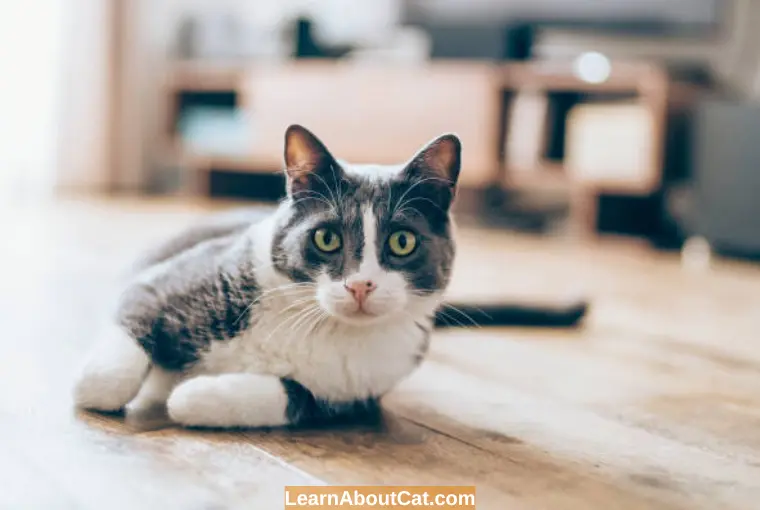
If you notice that your cat’s breathing is consistently quick after observing it for a few hours, call our veterinarian as soon as you can so they can advise you on what to do next. There can be a medical emergency if you also have other symptoms or if your symptoms have become worse. In this situation, your vet could inspect your cat while you are on the phone.
Your cat’s quick breathing will be assessed by your veterinarian, who will also listen to their chest to rule out any heart murmurs, lung fluid, or other reasons and check the colour of their gums to determine whether their organs are getting enough oxygen.
A continuous supply of oxygen is given to the feline buddy. The heart and lungs will next be scanned using x-rays and/or ultrasounds to rule out any underlying illnesses or diseases when the blood tests are finished.
The treatment plan will, of course, depend on the issues your cat is experiencing. A catheter is inserted to deliver fluids and drugs intravenously. A sample of chest fluid will be removed and tested to look for pleural effusion. If a heart disease is a concern, a chest x-ray and echocardiogram may be used to evaluate the heart. These can demonstrate the size and function of the heart.
Keep in mind that your veterinarian may also view rates lower than 30 breaths per minute for some cats as high and abnormal.
Why is Cat Panting While Sleeping?
Cats pant when they’re overheated, excited, or stressed. Cats may also pant to cool themselves off when they are nervous or euphoric, such as during a car ride or after playing.
Due to these factors, nearly all cat owners will eventually notice their cat panting. It should cease operating in this way after a while. Watch for any more indicators if it breathes oddly when it’s dozing, as there is a problem.
Also, Check Out: Why Do Cats Pant in Car?
Frequently Asked Questions
The Bottom Line on Cat Breathing Heavily While Resting
A cat needs to breathe to survive; therefore, if your cat is having trouble breathing when it is nodding off, its body may not be functioning properly. The three most common kinds of heavy breathing are tachypnea, panting, and dyspnea. Even if they overlap, each of them has its motivations.
If you notice any respiratory problems, contact your veterinarian for a diagnosis. It could be a condition that directly affects the lungs or airways, such as feline asthma, lung disorders, or respiratory infections. However, it could not be a problem with their airways and instead be a problem with the heart or the blood’s capacity to carry oxygen.
Who is Isabella?
My name is Isabella, and I am a dedicated and knowledgeable cat enthusiast. With years of experience caring for cats and a deep love for felines, I made a mission to help other cat lovers navigate the challenges of cat ownership.

